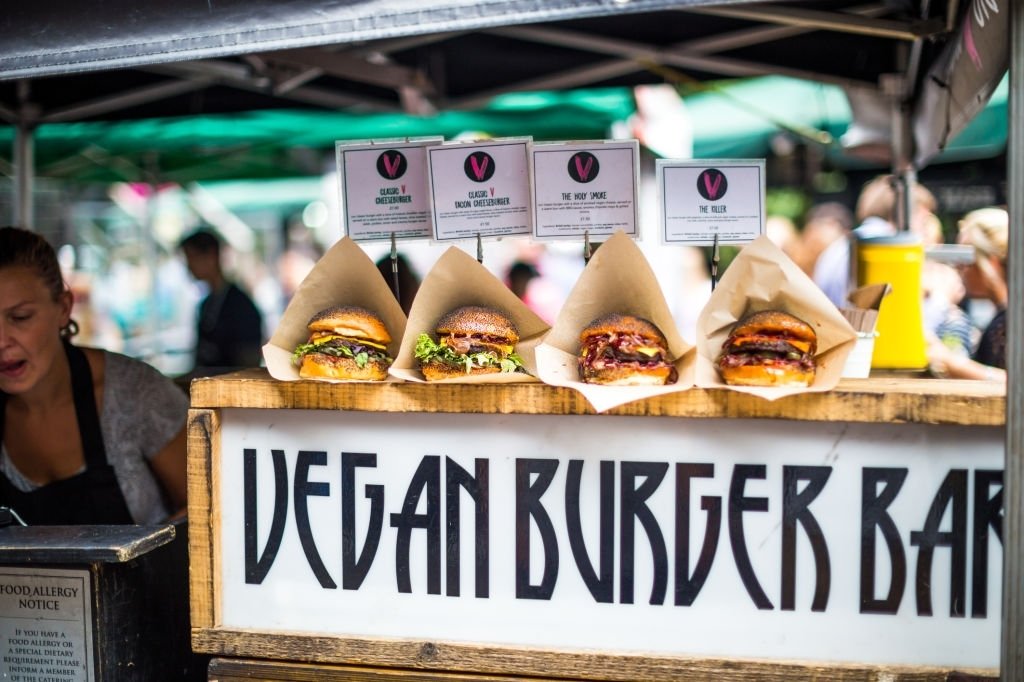Adopting a vegan lifestyle can be challenging, especially for beginners. One of the keys to making the transition successful is knowing which foods to avoid. In this article, we will discuss common items that may not be suitable for vegans and provide tips to make it easier to maintain a vegan diet. So if you need to know what foods to avoid as a vegan, read on.
Animal-based Ingredients
It’s essential to be aware of not so obvious animal-based ingredients. Some products might seem vegan at first glance but contain hidden animal-derived elements. Here are some common examples to watch out for:
- Gelatin: Derived from animal bones and is often found in gummy candies, marshmallows, and some puddings. Opt for the best gelatin replacements instead.
- Casein and whey: Common in dairy products, including several non-dairy alternatives such as some brands of margarine and yogurt. Be sure to read the labels carefully.
- Honey: Vegans avoid honey, as it’s produced by bees. Many people prefer to use alternatives like maple syrup, agave nectar, or date syrup. Check out the comparison between acacia honey and manuka honey for more information on honey substitutes.
- Shellac: Derived from the lac bug, it’s often used as a food glaze and can be found on candies and even fruits. Look for alternatives such as carnauba wax or opt for uncoated products.
- Fish sauce and Worcestershire sauce: Commonly found in Asian cuisine and used as a flavoring agent, non-vegan Worcestershire sauce contains anchovies. Choose vegan substitutes like soy sauce, tamari, or vegan Worcestershire sauce.
Processed Foods
While many processed foods are vegan, be cautious, as they may contain hidden animal-derived ingredients like gelatin and casein. It’s essential to read labels and opt for whole foods when possible. Learn how to stop being a junk food vegan and focus on a healthier, plant-based diet.
- Bread: Some bread products contain animal-derived ingredients such as milk, eggs, honey, or L-cysteine, which is derived from duck feathers. Opt for whole-grain breads and check the ingredients list to ensure they are vegan-friendly. Is Dave’s Killer Bread vegan? Read our article to find out.
- Snack foods: Many potato chips, cookies, and other snacks may contain milk powder, cheese, or other animal-based flavorings. Look for snacks that are labeled as vegan or make your own healthier alternatives like kale chips.
- Pasta: Traditional fresh pasta usually contains eggs, so it’s essential to choose egg-free pasta or opt for alternative pasta made from whole grains, legumes, or vegetables.
- Microwave popcorn: Most microwave popcorn contains butter flavorings or other dairy-derived ingredients. Check if your favorite microwave popcorn is vegan or opt for air-popped popcorn and add your own vegan seasonings.
Food Additives
Be cautious with food additives, as they can be derived from plant or animal sources. Some additives to look out for include:
- L-cysteine: Found in some bread products as a dough conditioner, it’s often derived from duck feathers or hog hair. Opt for breads that don’t list L-cysteine as an ingredient.
- Lecithin: Used as an emulsifier in various food products, lecithin can come from soy or egg yolks. Look for soy lecithin instead.
- Glycerin: A common additive that can come from plant or animal sources, it’s often found in processed foods and personal care products. Opt for products containing vegetable glycerin.
- E-numbers: Some E-number additives, such as E120 (carmine) and E904 (shellac), are derived from insects and should be avoided. Research the E-numbers to ensure they are vegan-friendly.
Doing your research and knowing what to avoid will make it much easier to maintain a vegan diet. Don’t hesitate to visit our blog for more vegan tips and resources, such as vegan grocery list for beginners, discovering vegan skincare ingredients, and learning how to transition to a vegan diet.
Wrapping Up: Foods to Avoid As A Vegan
In conclusion, becoming a knowledgeable and conscientious vegan requires a good understanding of the foods to avoid and the hidden ingredients that might not be apparent at first glance. By staying informed, reading labels, and opting for whole and plant-based foods, you’ll be better equipped to navigate the challenges of maintaining a vegan diet. It’s essential to reach out for support, learn from others, and continue to educate yourself about veganism. With determination, you can embrace a healthy, compassionate lifestyle while contributing to a more sustainable and ethical world.


